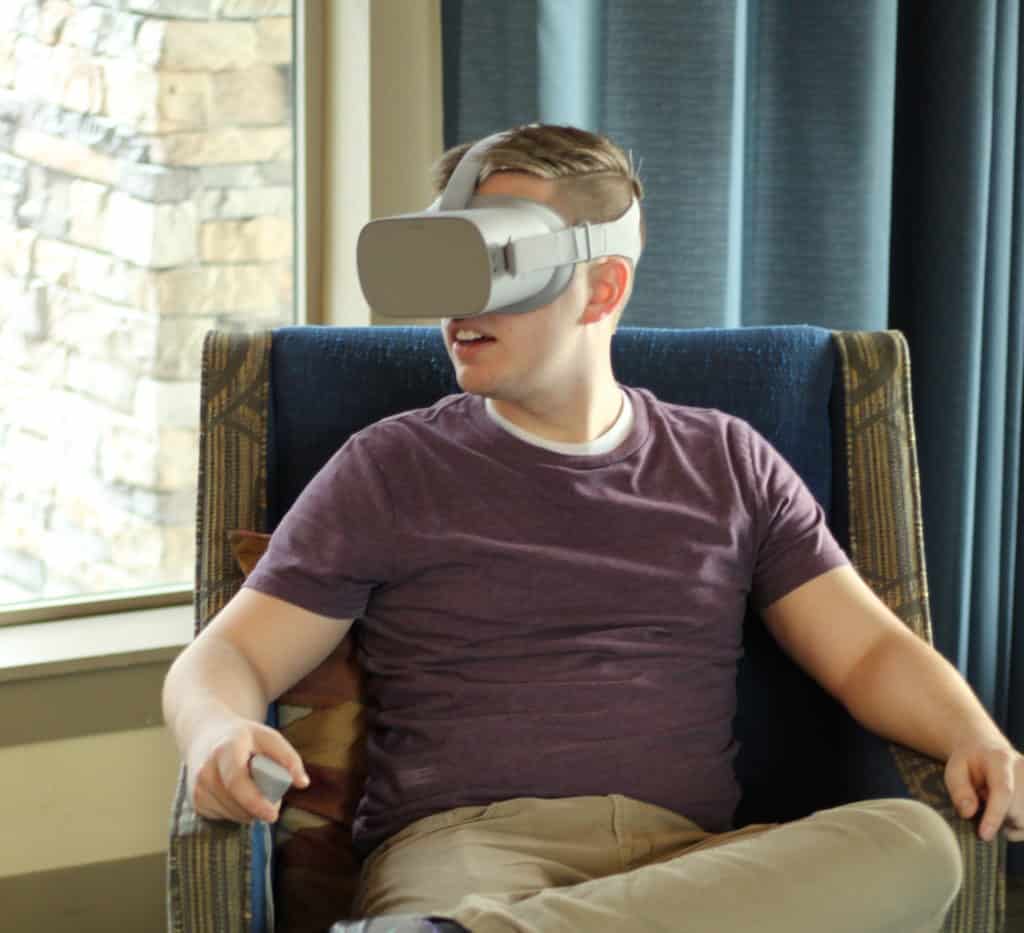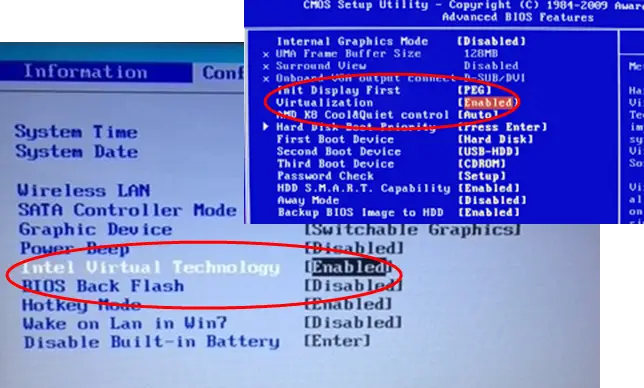Virtual reality has been one of the most significant technological advancements of the 21st century, and its potential applications are seemingly endless. As we continue to advance in this field, one question has been looming over us: will virtual reality eventually replace reality? While it may seem like a far-fetched idea, the possibility of a future where people spend more time in virtual reality than in the physical world is becoming increasingly plausible.
The rise of virtual reality technology has been a game-changer in various industries, from education to healthcare, and entertainment. It has provided users with immersive experiences that were once thought to be impossible. However, as we continue to push the boundaries of what is possible with virtual reality, it begs the question of whether it will eventually replace reality. While some may argue that virtual reality is simply a tool that enhances our current reality, others believe that it could become a new reality in itself. In this article, we will explore the potential implications of virtual reality becoming the new reality and whether it is a possibility we should welcome or fear.
No, virtual reality will not replace reality. Virtual reality can be used to supplement reality by allowing users to experience things they may not have access to in the physical world. However, virtual reality will not replace reality because it cannot match the physical interactions and emotions that come with real-world experiences.

Will Virtual Reality Replace Reality?
Virtual reality (VR) is a computer-generated simulated environment that can be used to experience and interact with the outside world. Virtual reality has become increasingly popular in recent years, as the technology has advanced and become more accessible. This new technology has the potential to revolutionize how we interact with the world around us, and it raises the question: will virtual reality replace reality?
Advantages of Virtual Reality
The primary advantage of virtual reality is its ability to create an immersive environment. When a person is using virtual reality, they have the ability to interact with a simulated environment in ways that are impossible in the real world. For example, a person can interact with a virtual world in ways that would not be possible in the real world, such as flying, swimming, or exploring outer space. VR also allows people to experience different scenarios and environments without having to leave their home. This can be useful for education, training, and entertainment.
Virtual reality also has the potential to reduce the cost of travel. With the ability to experience different places in a virtual environment, people can travel around the world without having to leave their home. This could potentially reduce the cost of travel, as well as make it easier for people to explore new places. VR could also reduce the environmental impact of travel, as fewer people would be travelling physically.
Disadvantages of Virtual Reality
Despite the potential advantages of virtual reality, there are also some potential disadvantages. The most obvious disadvantage is the cost. High-quality virtual reality headsets and equipment can be expensive and out of reach for many people. In addition, the technology is still relatively new and is constantly evolving, which can make it difficult to keep up with the latest advancements.
Furthermore, virtual reality can be isolating. While it allows people to experience different environments, it can also disconnect people from the real world. This can be particularly dangerous when people become too reliant on the virtual world and neglect their physical and mental health. Additionally, virtual reality can be addictive, as people may be drawn to the immersive experience and may find it difficult to leave the virtual world.
Conclusion
Virtual reality has the potential to revolutionize how we interact with the world around us, but it is also important to consider the potential disadvantages. Virtual reality can be expensive and isolating, and it can be addictive. Ultimately, virtual reality is a powerful tool, but it should be used in moderation and with caution.
Frequently Asked Questions
Will virtual reality replace reality? This is a question that many people ask, as virtual reality technology advances and becomes more and more common. The answer is not a simple one, as there are many factors to consider.
What is Virtual Reality?
Virtual reality (VR) is a technology that allows users to interact with and experience a 3D world. It can be used for gaming, education, entertainment, and more. It is created using computer-generated images and sound that make it seem like you are actually in the environment. VR is still in its early stages, but it is rapidly evolving and becoming more accessible.
How Does Virtual Reality Differ from Reality?
Virtual reality is different from reality in that it is an artificial environment, created using computers and software. It is designed to allow the user to interact with a 3D world in a way that is immersive and believable. Virtual reality is also limited in what it can do and the interactions it can provide. It cannot replicate the complexity of the real world, but it can provide experiences that are similar.
Can Virtual Reality Replace Reality?
At this point, it is unlikely that virtual reality will replace reality. While it can provide immersive and entertaining experiences, it cannot replace the complexity of the real world. There are also limitations to what it can do, as it is limited by the technology available and the software used to create it.
What are the Benefits of Virtual Reality?
The main benefit of virtual reality is that it can provide an immersive and believable experience to the user. It can be used for gaming, education, entertainment, and more. It also has the potential to be used for medical, military, and other applications.
What are the Limitations of Virtual Reality?
Virtual reality is limited by the technology available and the software used to create it. It cannot replicate the complexity of the real world, and the user experience can be limited. Additionally, it can be costly to develop and may require expensive equipment.

Will virtual reality replace physical reality? | Ishan Misra and Lex Fridman
In conclusion, the question of whether virtual reality will replace reality is a complex one. While virtual reality technology is rapidly advancing and becoming more accessible to the general public, it is unlikely that it will fully replace reality anytime soon. While virtual reality can offer an immersive experience, it cannot replicate the full range of emotions and experiences that come with living in the real world.
Moreover, it is essential to consider the ethical implications of virtual reality technology. As we continue to innovate and create more advanced virtual reality experiences, we must ensure that we are not sacrificing our humanity in the process. Ultimately, while virtual reality has the potential to revolutionize various industries, it is crucial to remember that it cannot replace the richness and complexity of the real world. We must continue to explore and enjoy both virtual and real experiences, and strike a balance between the two.



